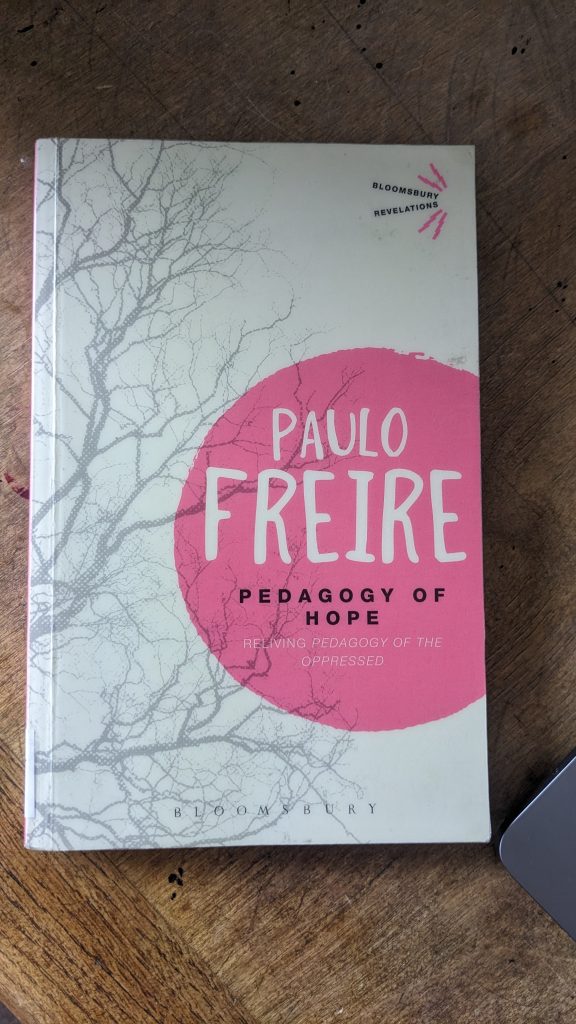
“Pedagogy of Hope” is a sequel to Paulo Freire’s “Pedagogy of the Oppressed”, published in 1992. The book builds on Freire’s critical pedagogy and provides a nuanced understanding of the relationship between education, politics, and society. In “Pedagogy of Hope,” Freire offers a reflective account of his experiences as an educator and activist, and his insights into the potential of education as a tool for social transformation.
The central argument of the book is that hope is an essential component of transformative education. Freire believes that hope arises from a critical awareness of the world and the ability to act on that knowledge. He posits that hope is not a passive emotion but an active force that can be used to create change. The book’s emphasis on hope as a key element in transformative education is a departure from Freire’s earlier work, which focused on the role of critical consciousness in social change.
Freire’s writing in “Pedagogy of Hope” is both personal and philosophical. He draws on his experiences as an educator in Brazil and his encounters with oppressed communities around the world. The book is also steeped in Freire’s philosophical ideas, such as his concept of praxis, which is the integration of theory and practice in the pursuit of social change.
Freire highlights the importance of dialogue as an educational tool as a means of;
- Encouraging and fostering critical thinking
- Building relationships
- Creating a sense of community
- Makes students active participants/citizens
Overall, “Pedagogy of Hope” is a valuable contribution to the field of critical pedagogy. Freire’s writing is insightful, thought-provoking, and inspiring. The book’s emphasis on hope and dialogue as key elements in transformative education is both timely and relevant, and it provides a useful framework for creating an education that is democratic and focusses on social justice.